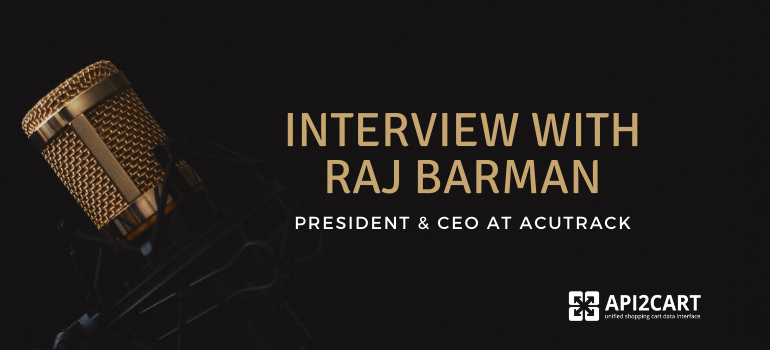
We are continuing the series of interviews with API experts sharing their knowledge and experience. Today our blog guest is Jeremy Whitlock, a Senior Software Engineer at Apigee, an open-source evangelist and contributor, and Gluecon speaker.
How long have you been a part of the development world? When did you realize you would code? What is your warmest tech memory? What was your first computer? When and how did you first encounter Application Programming Interfaces?
I have been writing software both commercially and in the open-source community since 2002/2003. I was working for a small metal fabrication company as their single-person IT department and we needed some custom software so I wrote it. I realized that I enjoyed writing software a lot more than the network/systems administration I was doing and quickly did what I could to do that “officially” from that point forward.
I first got into programming while in college and I loved it from day one. In fact, I switch my major from Mechanical Engineering to Computer Science because of programming. I loved the idea that if I could think it, I could do it and all I needed was a computer.
My warmest tech memory would probably be how I got into computer software in the beginning, hacking into my buddy’s computer in college to mess with him. (I won’t tell you how but let’s just say it was hilarious.)
Believe it or not but my first computer was a Gateway 700 Select. Before that, I had exposure to computers at school and at my friends' houses but I didn’t grow up with the luxury of having a computer of my own until college.
My first exposure to APIs was pretty much from day one of programming, it’s pretty much impossible to write software without using them.
You are an active open-source contributor. What do you like doing the most? What are your techie likes? What things are you passionate about?
What I like most about open source is the fact that you can self solve. What I mean is if you use something and you find a bug or have a feature request, you have the means to either request these be fixed/added or you can even write the code yourself. That’s how I got into open source was using open source and submitting patches/bug reports.
What drives me are two things: I love a challenge and I love to help people. I love writing software knowing people out there are using my stuff and my stuff makes something better or easier for them. It’s very gratifying.
It has been 2 weeks since Gluecon 2015 took place. You participated in day one and spoke about Building Node.js APIs with Swagger. Could you share your impressions and experience? Was it hard to speak in front of the expert audience? Could you reveal some of your Gluecon speaking?
Gluecon was, and always is, a blast. I have received nothing but good feedback about my session and I hope if you did any digging you would hear the same. This year’s session was a lot more smooth than last year’s session I delivered. I’m not sure if I was just more prepared or more up to speed on the subject matter but I think it went as well as it could have.
During my session I talked about the importance of APIs and API documentation. Of course, talking about API documentation is how I segued into talking about Swagger, a REST API documentation format. I talked about what Swagger is, how you use it, and so on. I finished up the talk talking about the open-source tooling my team and I have been working on at Apigee to make API design, development and deployment easier.
How would you define the importance of APIs for e-Commerce? What benefits does its implementation bring?
I would define the importance of APIs for e-Commerce like I would any other business segment, APIs are imperative. APIs are now expected of every service provider because having APIs lets others do integrations with your service without having to reinvent the wheel. Not only that but in today’s world of mobile, to deliver the experiences people have come to expect to require APIs. APIs are now a standard feature of service and those without APIs are being left behind.
If you had to explain what an API is to a non-techie person, what would your explanation be?
APIs allow one piece of software to communicate or interact with another piece of software, or hardware. Much like a doorknob is an interface you could use to interact with a door in the physical world, APIs provide a consistent way to interact with software services in the digital world.
And the last question. What changes do you think the future holds for APIs?
APIs are here to stay. While some patterns may become more or less popular, APIs are a requirement in the digital world and I don’t see them going anywhere.
We would like to thank Jeremy Whitlock for the time he spent to share his ideas and cherished memories. 🙂
Feel free to schedule a FREE call with our expert if you are a developer wanting to ease the donkey work of integration with shopping carts.




